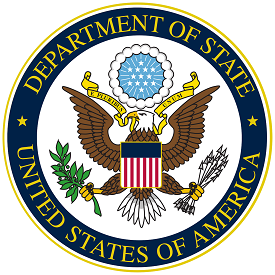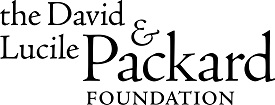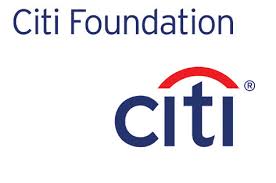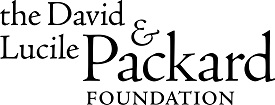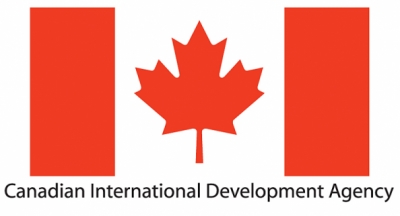Funded by the U.S State Department, Pakistan Women Entrepreneurship Programme (PWEP) was launched in 2014 as a joint initiative of LUMS and American University, Washington DC. The PWEP worked to build the capacity of Pakistani women entrepreneurs in creating, sustaining and scaling up their businesses. PWEP focused on providing quality capacity building, mentoring, and leadership training to help women in areas of marketing, management, operations, finance and human capital development. The aim was to champion and support female entrepreneurs, to support them to re-calibrate and grow their business ventures, and to suggest changes in the current regulatory climate to reduce gender inequalities.
The programme engaged American University and LUMS faculty and staff in exchanges of information, experiences and expertise relevant to female entrepreneurship in Pakistan. The programme was divided into two phases and three components which included Certificate Programme for Women Entrepreneurs, Leadership and Team Building Programme (L&TB) and Women Summit.



